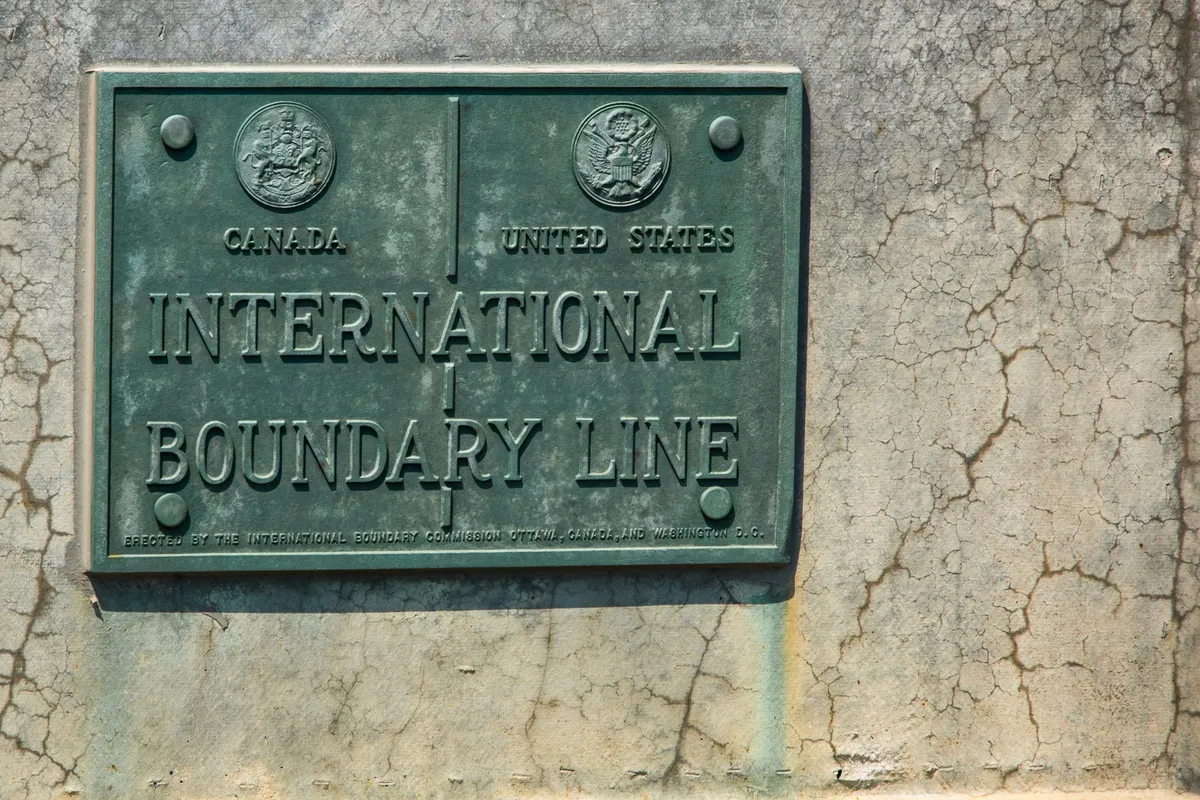The Favorite New Hidden Fee of Low-Cost Airlines
Skift Take
After all but banning checked luggage by charging exorbitant fees for space in the luggage hold, budget airlines are now rolling out fees and restrictions on even overhead cargo.
Several budget airlines have begun to charge basic-fare passengers for their carry-on bags, allowing only personal items like handbags or briefcases to pass the gates for the price of the ticket.
American carrier Allegiant Air treats carry-on bags the same as checked luggage: both cost $35 per piece – if you pay ahead of time. Paying at the airport will cost $50 per piece for one or two bags, and $100 each for a third or fourth.
Spirit Airlines charges passengers $35 to $40 for carry-ons “reserved” (paid for) ahead of time, and $100 at the gate.
Starting in August, Frontier Airlines will charge $100 at the gate for carry-on bags, or $25 for customers who pay online ahead of time.
Meanwhile, other carriers are encouraging lighter travel by shrinking the size of their approved carry-ons. The British budget carrier EasyJet announced it would only guarantee overhead space for bags 37 percent smaller than their previous allowance. Passengers with larger bags won't face a fee; they simply risk having the bag checked into the aircraft's hold.
These ultra-low cost carriers insist that this kind of service unbundling is best for the consumer, as it's what allows them to sell such cheap fares. But, to be sure, the complicated pricing system benefits the companies as well. After all, the airlines will not only rake in the Benjamins from hapless travelers who haven't read the fine print, but they'll also save on fuel thanks to the ultra-light packing of those who have.




